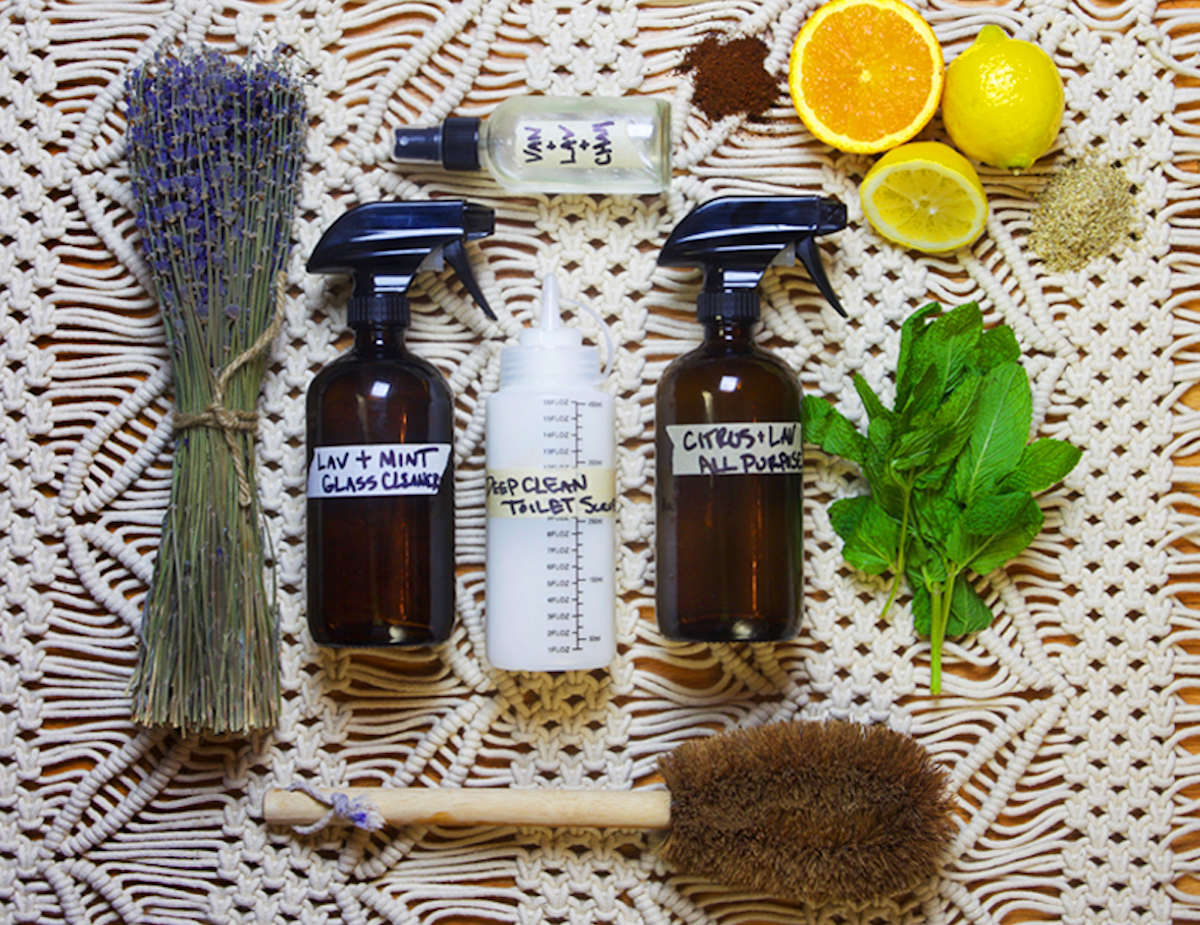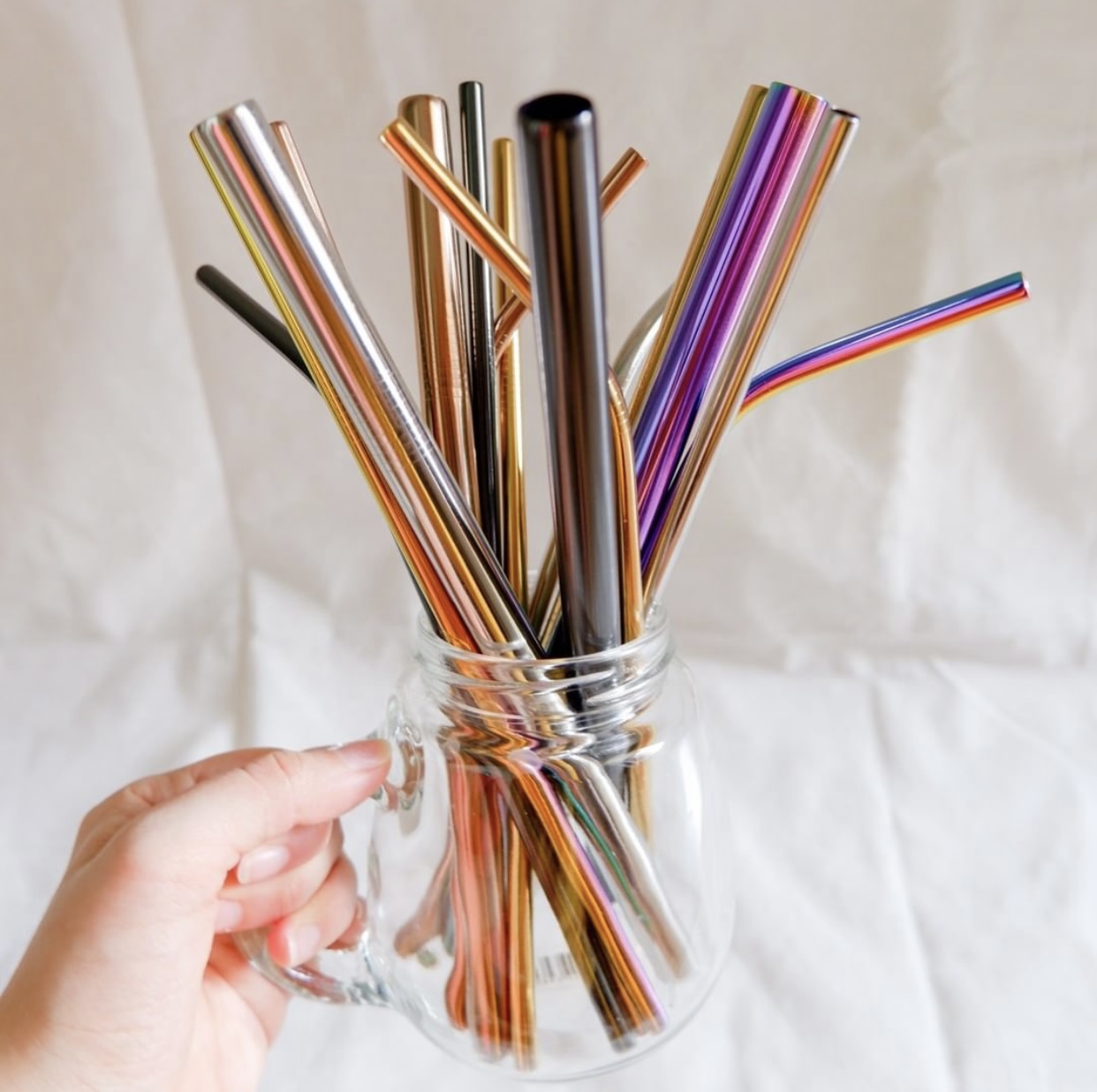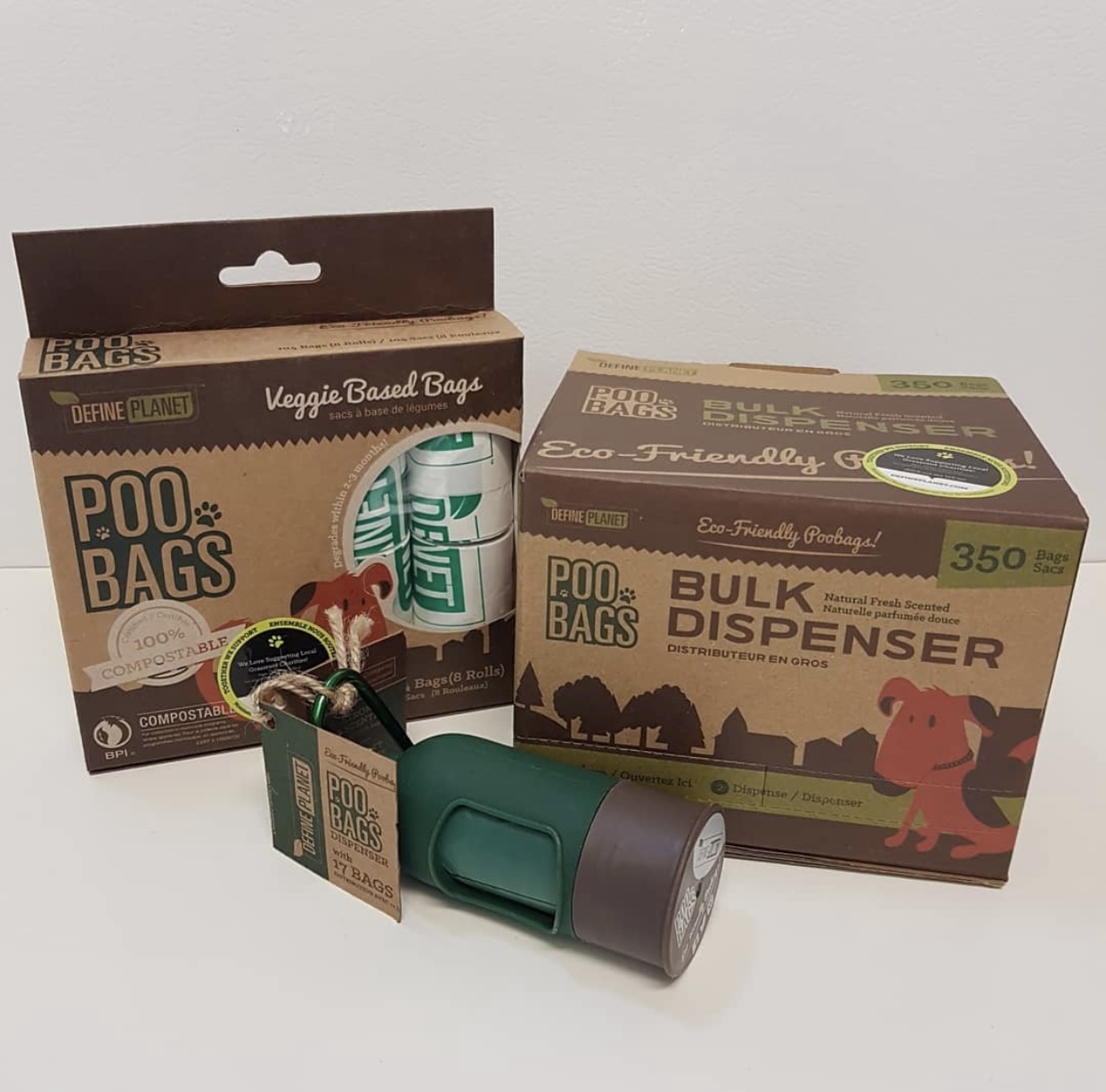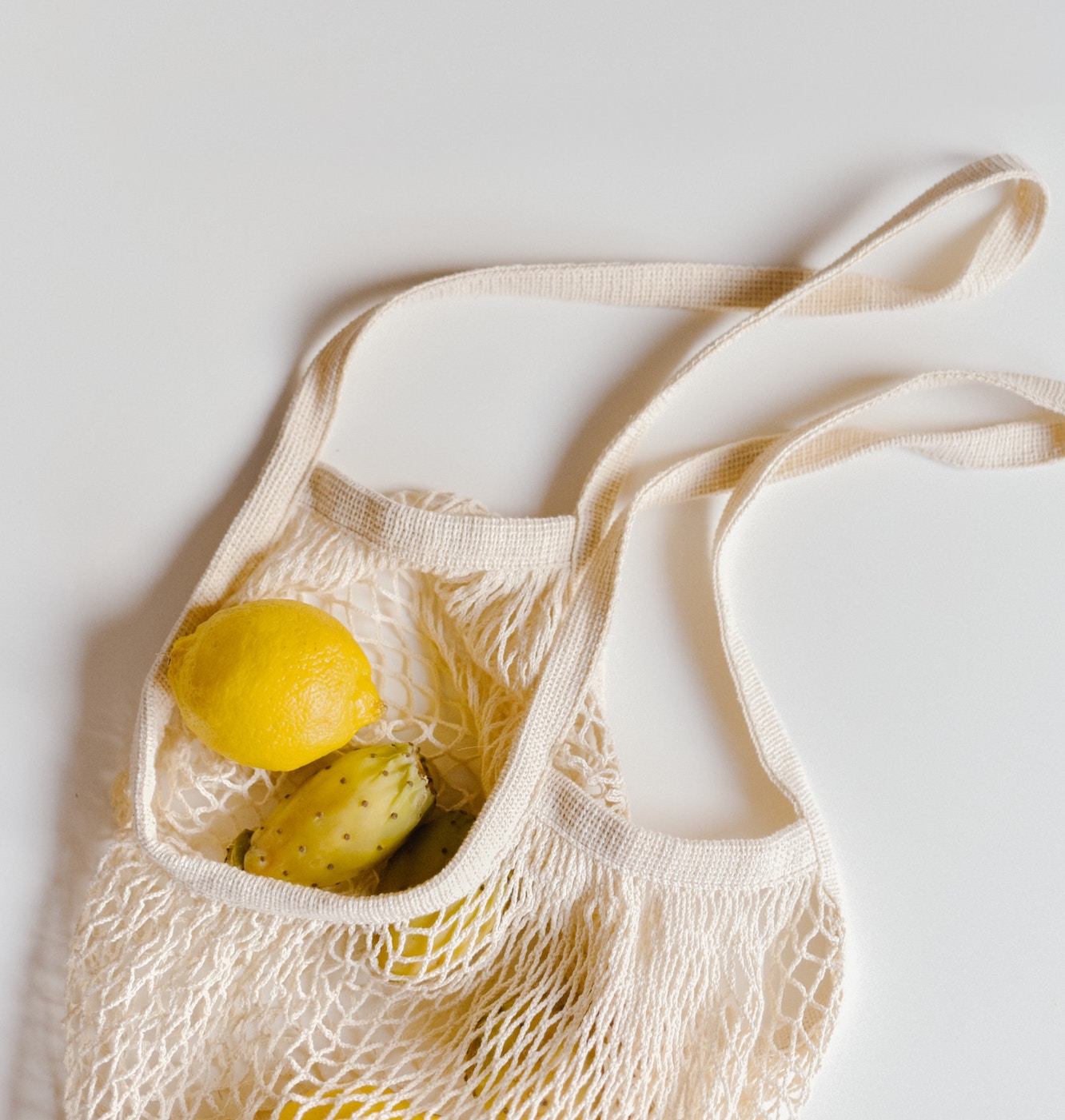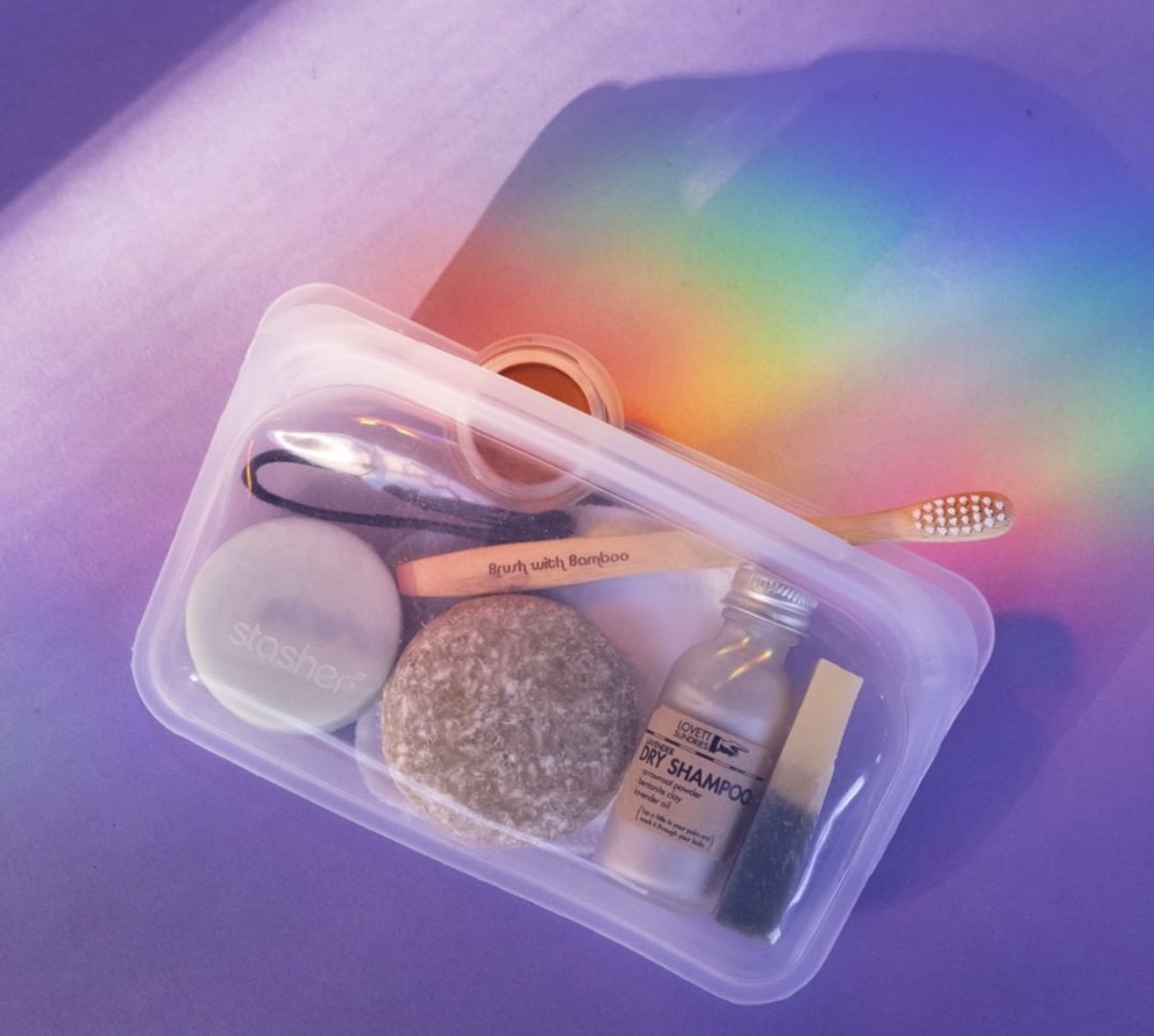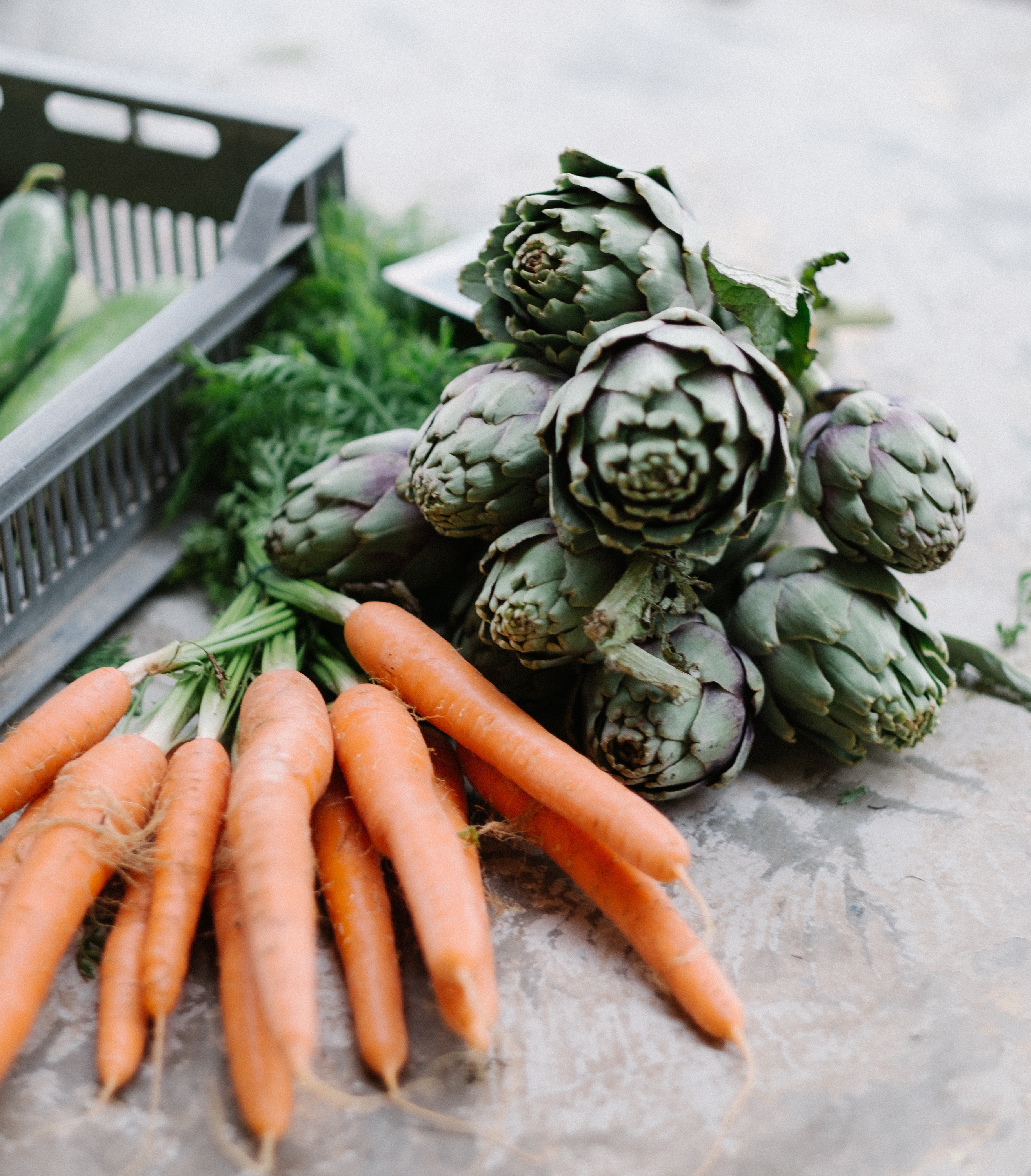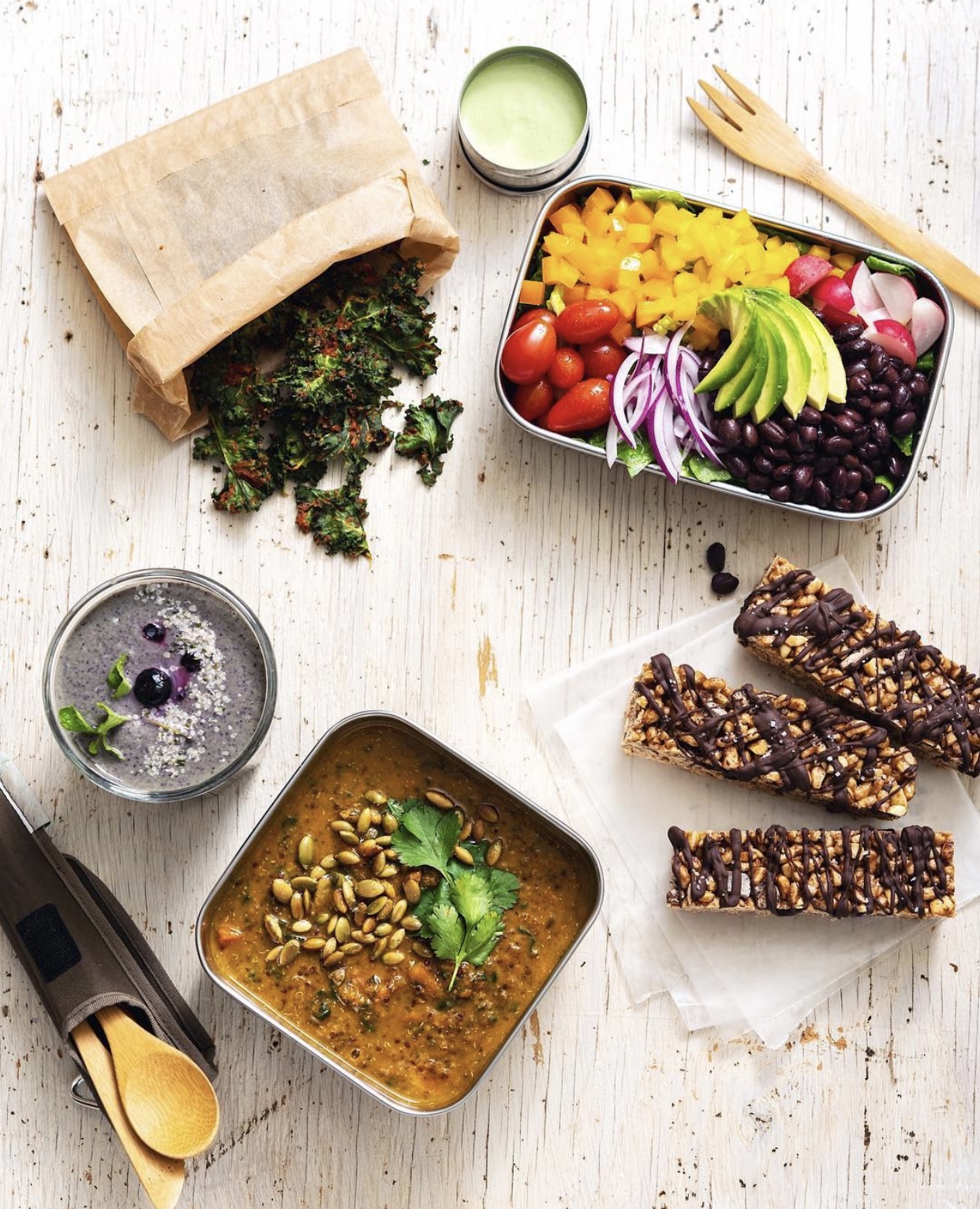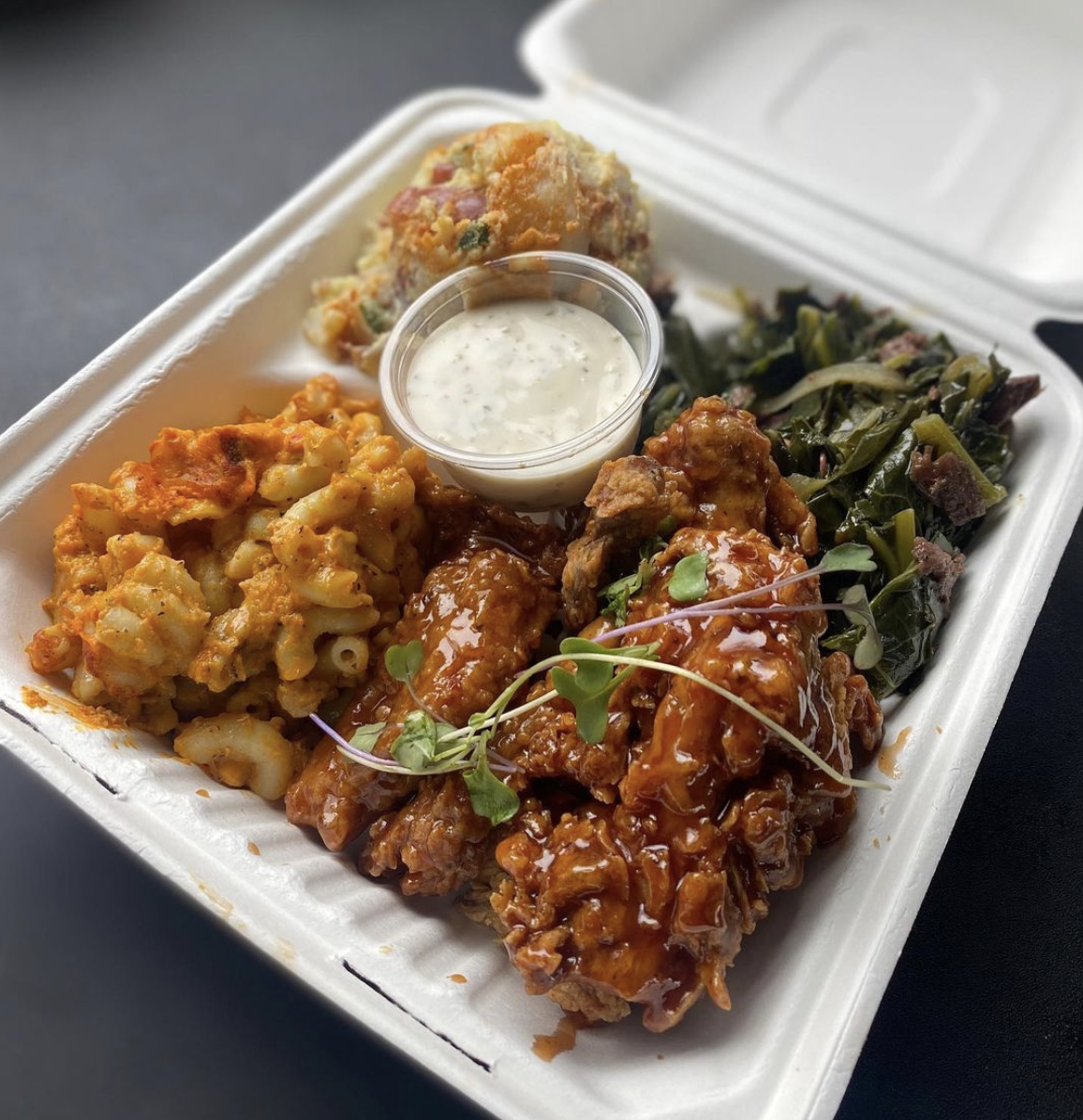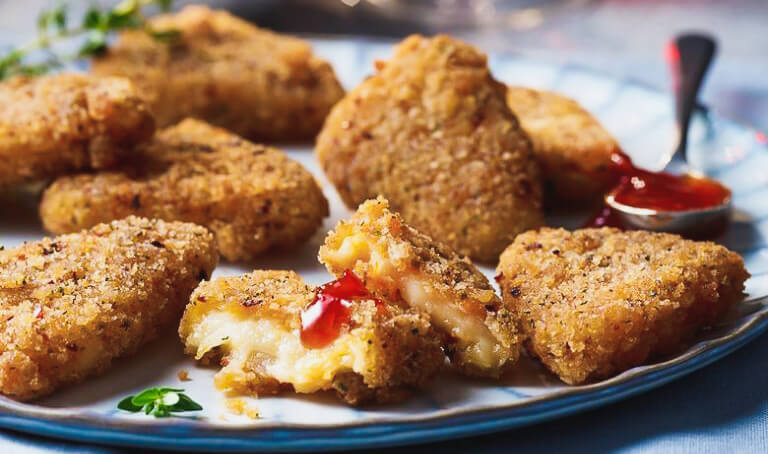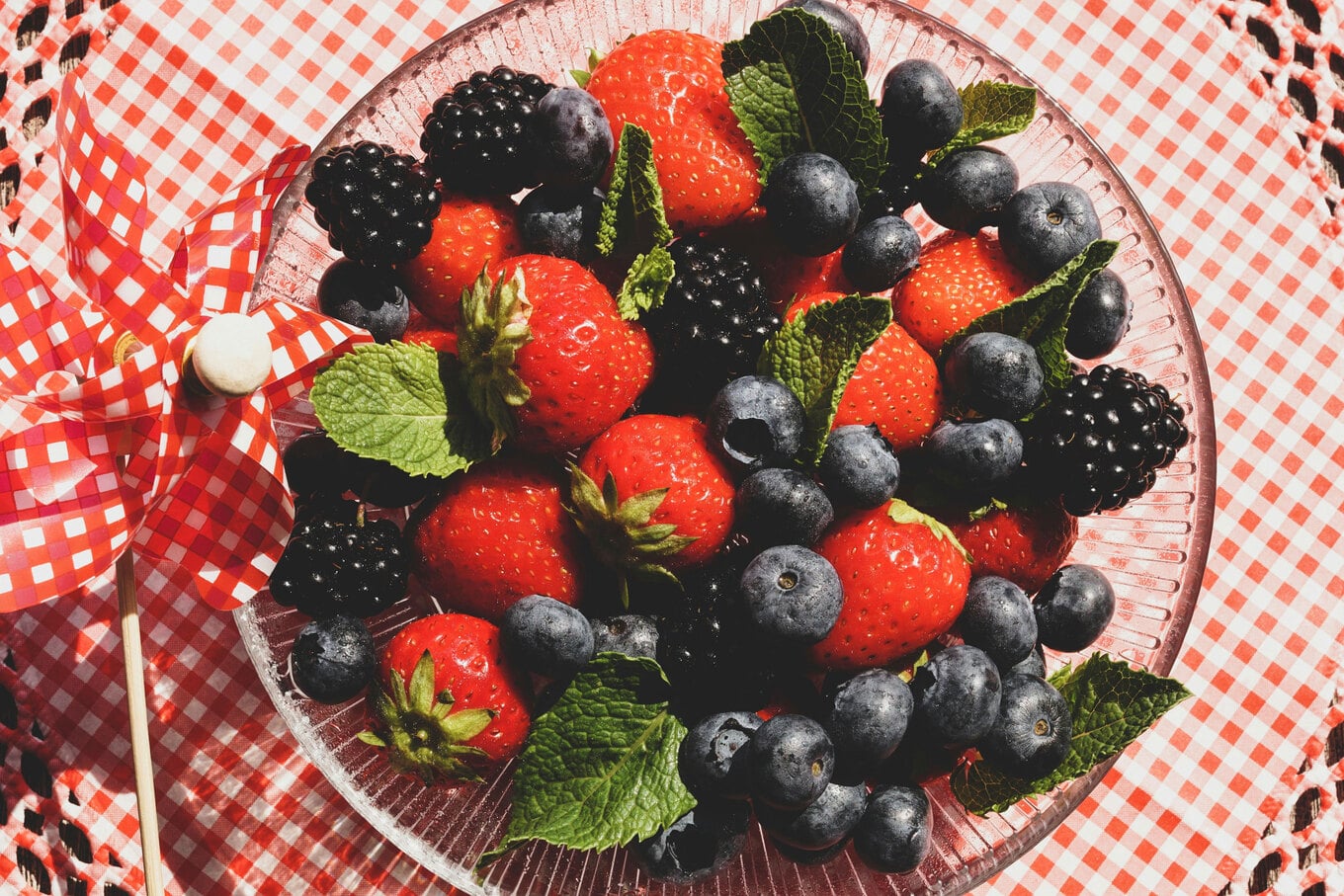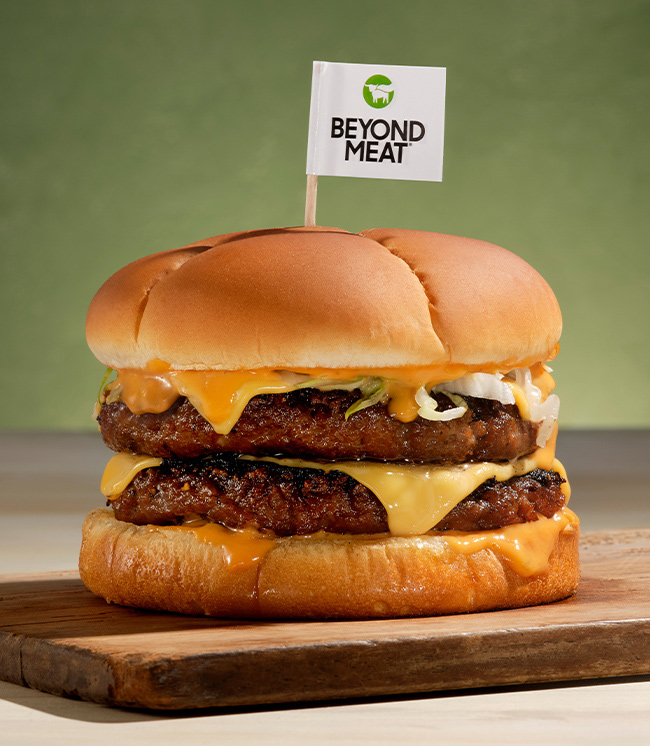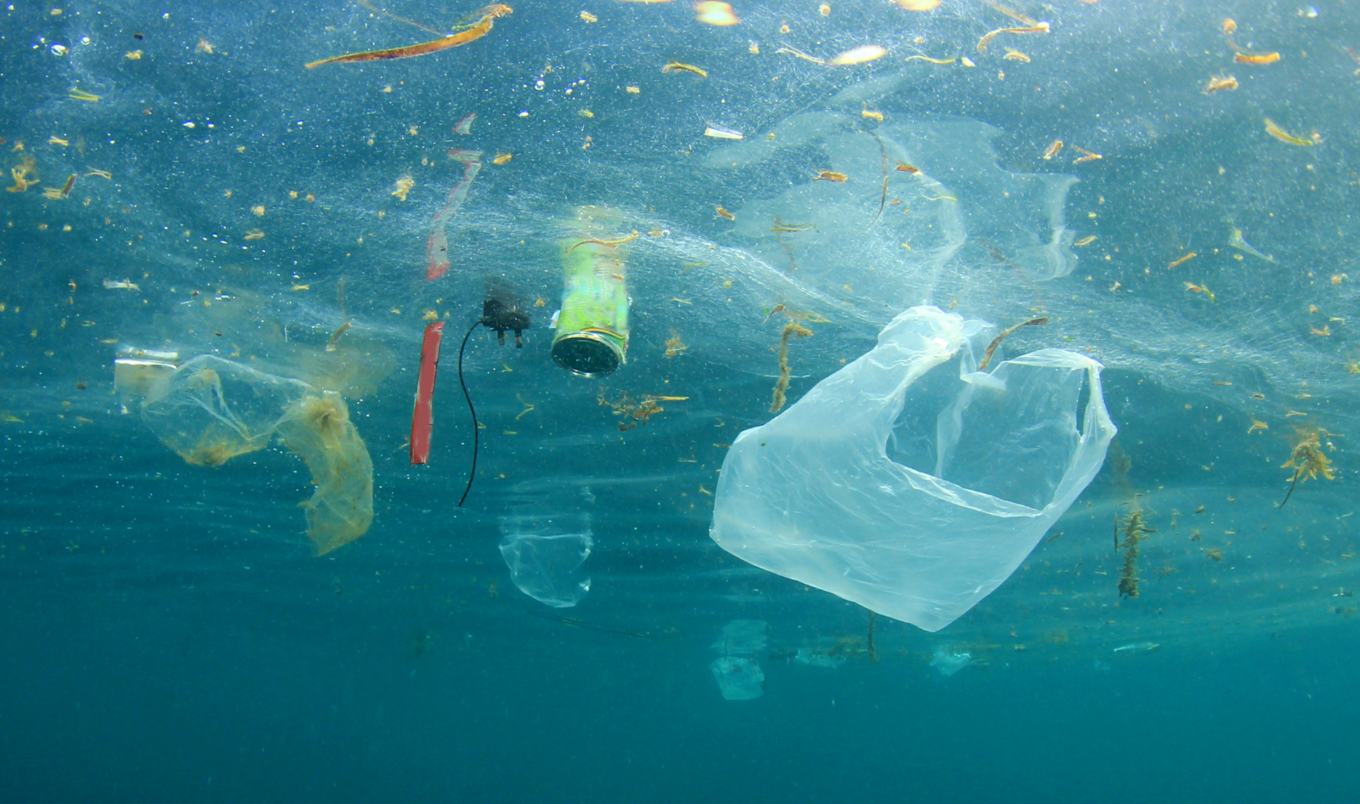
We’ve all seen the heartbreaking video of scientists pulling a plastic straw from a sea turtle’s nose, and the depressing photos of dead wildlife with plastic in their stomachs or caught around their bodies.
Living a vegan lifestyle certainly helps to cut down on plastic waste drastically. Did you know? The fishing industry is one of the leading causes of plastic waste in the ocean. But, there’s still so much we can do as individuals to try to live as low waste as possible.
Follow these nine vegan and eco-friendly, plastic-free steps to help animals and our planet. But first, just how bad is the world’s plastic waste problem right now?
Table of Contents
Why should we care about plastic pollution?
Over the last few decades, the world has pumped out billions of tons of plastic. While this material is incredibly useful, it’s also an environmental nightmare, because, to put it simply, it just doesn’t go away. In fact, according to Greenpeace, every single piece of plastic that has ever been made still exists, and will likely remain on the planet for centuries.
This is a big problem. Plastic is filling up the landfills and the ocean, and leaching potentially toxic microplastics (which are, essentially, tiny pieces of plastic) into our environment. Bigger pieces of plastic are also a major hazard to wildlife. Fishing gear, for example, is the ocean’s biggest source of plastic pollution and is often responsible for entangling and trapping marine life, frequently with deadly consequences.
Canva
When it comes to plastic pollution, the fishing industry is without a doubt one of the worst culprits. So, with that in mind, if you’re not eating fish or seafood, that’s one big tick for reducing plastic pollution. But, there are still other aspects of our lives that contribute to this environmental crisis.
Single-use plastic comes in the form of items like bottles, shopping bags, product packaging, beauty containers, cigarette butts, and more. But most of this cannot be recycled and turned into something new. In fact, according to the United Nations, of the 7 billion tons of plastic waste generated globally, less than 10 percent has actually been recycled. This is why plastic, in all of its forms, is, quite literally, everywhere—it’s in our rivers, oceans, lakes, beaches, and more.
9 ways to cut more plastic from your life
Below, we’ve listed some of the best ways to cut down plastic use from your life.
1 Carry a reusable water bottle
Cut down on the hugely wasteful practice of buying plastic water bottles from the store by investing in a sturdy, reusable water bottle (preferably one made of bamboo or stainless steel). Not only is store-bought water vastly overpriced (water should be free!), but all those bottles sure do pile up.
2 Make your own household cleaners
Many household cleaners are tested on animals, packaged in plastic, and carry harsh chemicals that are environmentally damaging, but a handy (and green!) solution is to mix up your own using ingredients you probably already have on hand. For example, combine olive oil with coarse sea salt to scrub your cast-iron skillets shiny clean.
3 Skip the straw when ordering takeout or delivery
While this might seem like a small act, we waste approximately 185 million plastic straws a year (ending up in landfills or waterways). Ask for no straw when you order your drink, but take it to the next level by investing in a stainless steel or glass straw you can reuse again and again. The sea turtles will thank you!
4 Make your own face masks
Yes, those trendy, single-use sheet masks may be all the rage, but they also create a lot of waste. Try our favorite avocado face mask or create your own skin-clearing solution by combining one tablespoon of bentonite clay with one tablespoon of filtered water. No animal testing, simple ingredients, and easily customizable with additions like cacao, turmeric, and tea tree essential oil make that a win in our book.
5 Invest in biodegradable bags for your companion animal’s waste
Even your furry family members can join you on your green journey. Swap out plastic dog poop bags and cat litter liners for biodegradable ones to easily cut down on waste. P.S. Did you know that vegan dog food is a more sustainable alternative to animal-derived varieties? Check out V-Dog, Halo, and Wild Earth.
6 Don’t forget your reusable grocery bags
Stow a few reusable bags in your car for essential trips to the grocery store and avoid getting those judgemental stares at the Whole Foods checkout. Get a few with cute vegan messages to spread some subtle (or not-so-subtle) messages while stocking up on your fresh produce and vegan burgers.
7 Swap your body care essentials for plastic-free alternatives
Everyone has staple products they use for basic hygiene practices: razors, loofahs, hairbrushes, and toothbrushes (to name a few). Instead of always rebuying and using short-term products, swap for long-lasting, cruelty-free, environmentally safe options, and your beauty routine will be an eco-friendly dream in no time.
8 Don’t throw away your produce—freeze it instead
Are you thinking of tossing your spotty, brown bananas in your trash bin? Don’t. Peel and freeze them instead, then make one of these delicious smoothie or smoothie bowl recipes. And wait before you toss out your vegetable scraps or wilting carrots. You can also add those to a container in your freezer to turn them into delicious homemade vegetable broth. Homemade alternatives are always fresher package-free and fresher.
9 Meal prep
Spend your Sundays making simple meals or staple items like baked tofu, roasted veggies, and cooked grains that can be thrown together in a pinch. Not only will this help your wallet when lunchtime rolls around, but cut down on wasteful take-out containers and utensils. Plus, if you live in an area that’s not very vegan-friendly, you’ll always be prepared with something to eat.
For more sustainability tips, read:
Here at VegNews, we live and breathe the vegan lifestyle, and only recommend products we feel make our lives amazing. Occasionally, articles may include shopping links where we might earn a small commission. In no way does this effect the editorial integrity of VegNews.


